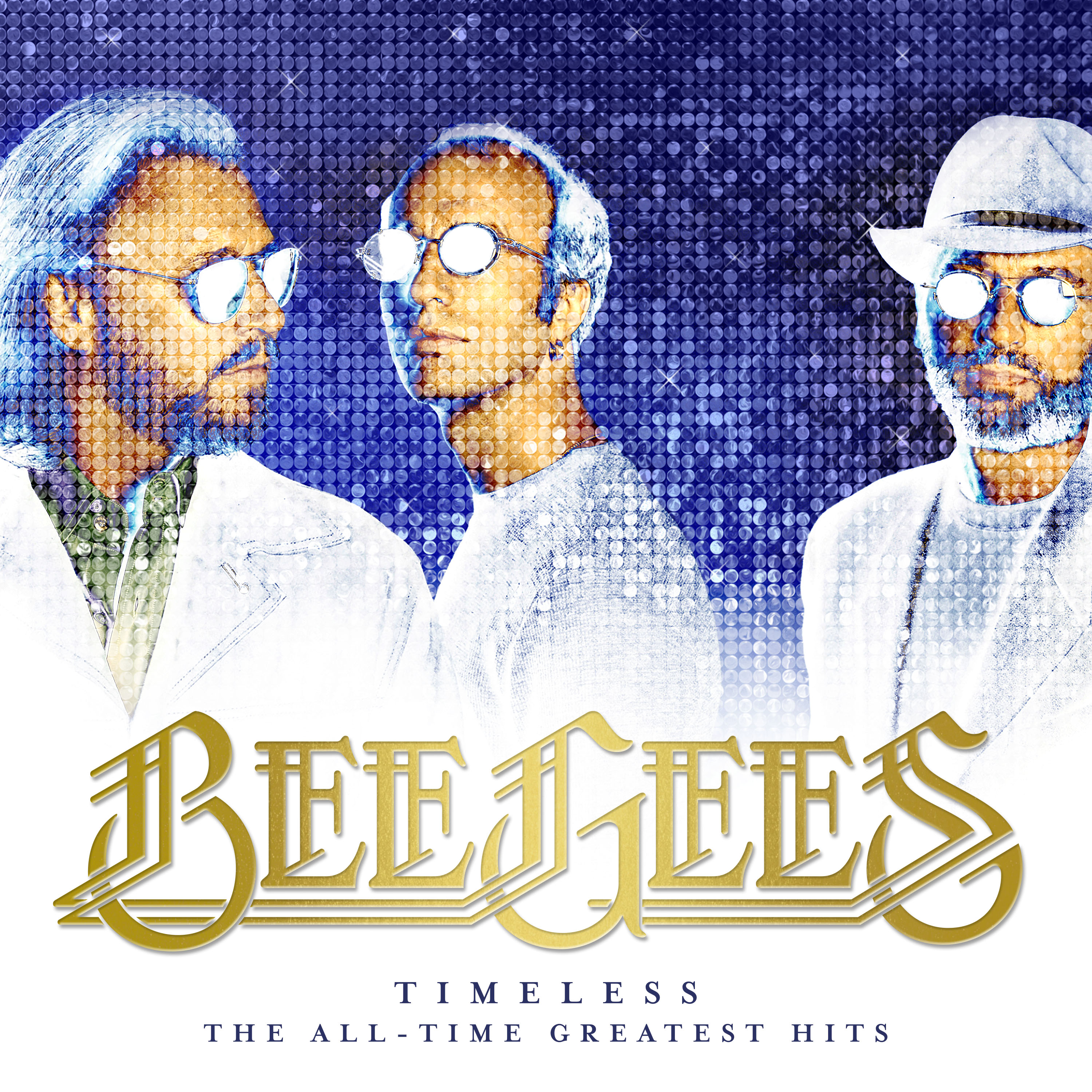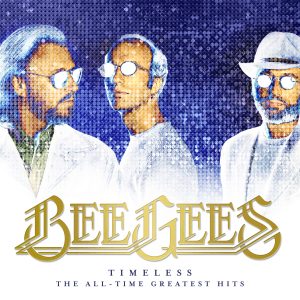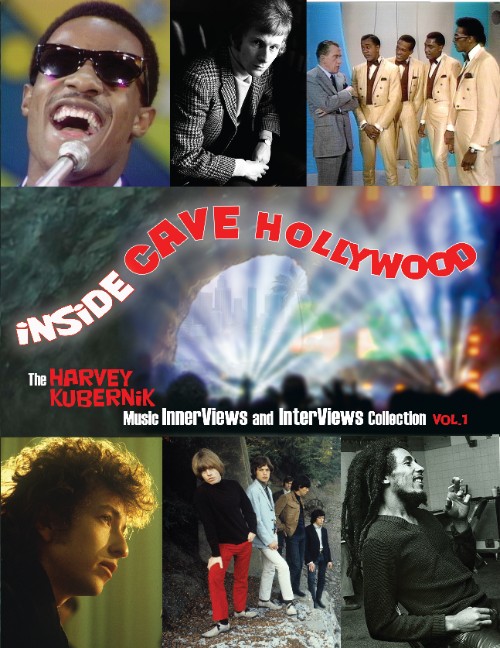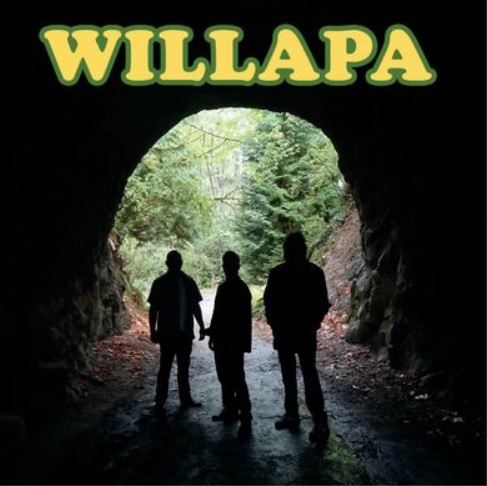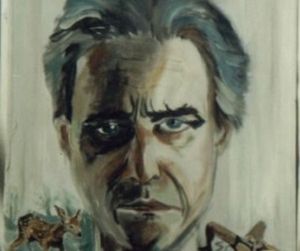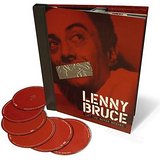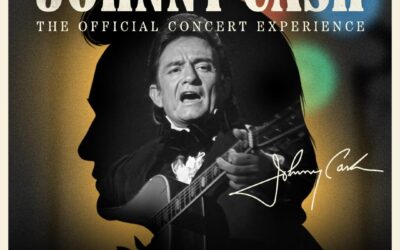TO BE RELEASED WORLDWIDE ON 2LP VINYL OCTOBER 26
By Harvey Kubernik c 2018
On October 26, Capitol/UMe released the Bee Gees’ Timeless: The All-Time Greatest Hits in a 2LP vinyl edition. Already available on CD and
digitally, the career-spanning collection of top hits by one of music’s most legendary and acclaimed groups features 21 tracks personally selected by Bee Gees co-founder Barry Gibb. Sequenced in chronological order, ‘Timeless’ spans decades of Bee Gees smash hits, from their first Australian chart-topper, 1966’s “Spicks and Specks” to “How Deep Is Your Love,” “Night Fever,” and “Stayin’ Alive” from Saturday Night Fever to 1987’s UK Number One single “You Win Again.”
“There is a spirituality about this album and these songs always meant the most to us,” says Barry Gibb in his written introduction for Timeless: The All-Time Greatest Hits. “Although there are many other songs, these songs, I feel, are the songs that Maurice, Robin, and I would be most proud of.”
“The Bee Gees – brothers Barry, Robin and Maurice Gibb – have earned their stature as one of the world’s most popular and bestselling groups of all time. Having recorded 22 studio albums and for numerous soundtracks, including the monumentally successful Saturday Night Fever, the Bee Gees infused popular culture with dozens of worldwide hit singles that featured their singular and highly influential three-part harmonies. They achieved nine Number Ones and 23 Top 10 singles on the Billboard Hot 100 chart, including “How Deep Is Your Love,” “Night Fever,” and “Stayin’ Alive” from Saturday Night Fever, and graced charts around the world with many other classics, including “How Can You Mend A Broken Heart,” “I Started A Joke,” “Lonely Days,” “Words,” and “You Win Again.”
A media announcement from the UMe record label about Timeless: The All-Time Greatest Hits also reminds us “among the honors bestowed upon the Bee Gees are five GRAMMY Awards®, as well as The Recording Academy’s Lifetime Achievement Award and Legend Award; five American Music Awards; a Brit Award for Outstanding Contribution to Music; and a Legend Award from the World Music Awards. They have been inducted into the Rock and Roll Hall of Fame, the Songwriters Hall of Fame, BMI Icons, the Vocal Group Hall of Fame, and the Dance Music Hall of Fame. All three brothers were appointed Commanders in the Order of the British Empire in 2001.”
“I can never ignore or underestimate the Bee Gees – their singles/hits from late 60s to mid ‘70s were all memorable and still are,” emphasized Melbourne, Australia-based writer, Michael Macdonald in an October 2018 email. “Have soft spots for ‘How Can You Mend a Broken Heart,’ ‘New York Mining Disaster 1941,’ ‘Massachusetts’ and ‘Nights On Broadway.’ Can’t forget ‘To Love Somebody’ was written specifically for Otis Redding and Percy Sledge covered ‘I’ve Gotta Get A Message to You.’
“Before the Bee Gees big hits Barry Gibb was already writing great pop songs. Melbourne’s Ronnie Burns had hits here with two Gibb compositions ‘Coal Man’ and ‘Exit Stage Right.’ As you well know, he carried the form over into the ‘70s when the lesser talented Andy Gibb scored hit records and former Melbourne cabaret singer Samantha Sang hit the top with ‘Emotion.’
“Main Course was the transitory LP – abandoning the lush pop of earlier hits for disco/white R&B grooves. Obviously a good career move because the soundtrack to Saturday Night Fever followed. Sad that both Robin and Maurice died young.
“On some levels, you could say the Bee Gees were our Beatles,” touted Macdonald.
“I see the Bee Gees in the tradition of the great songwriting teams of the 20th century–Goffin/King, Lennon/McCartney, Fagen/Becker,” suggested writer and author Daniel Weizmann via an email.
“Had they merely been a singing group, an ‘Aussie boy band that went disco’ as they’re sometimes portrayed with scorn, then half of Western civilization wouldn’t know at least three Bee Gees songs by heart.
“They wrote as they sang, with gusto, subtext, heart, and surprise. And when they cast a foreigner’s shocked innocent eye on the urban chaos of ’70s NYC, they captured modern times for all time–it was magical.
“Give them vanguard credit, too–when the whole culture seemed to gravitate West, the Bee Gees had the good sense to go East, to Miami, with Arif Mardin, and embrace dance music. Only the deepest respect for the genre could have allowed them to pull it off as they did. Like Teena Marie, (and unlike so many other blue-eyed soulsters) the Bee Gees disco actually made it to the dance floor.
“Not bad for three lads raised on the Isle of Man. In the five years that followed Main Course, it seemed like every other white rock act tried to make a disco record–some more cringe worthy than others, very few as natural.
“Legend has it that the brothers wrote most of the material for a low-budget movie called Tribal Rights of the Saturday Night, for which they only had the roughest idea of a plotline, in under a week, holed up in the village of Hérouville in France. Can you imagine the task being handed to any other songwriting team? I’m guessing the results would have been disastrous. But because the Bee Gees had the spirit of dance music, of hustle, of the New York Times affect on man, deep in their blood, they brought the whole operation to life.
‘‘Sometimes super fame has this embalming effect. Like Elizabeth Taylor and Michael Jackson, the very real artistry gets lost in the shuffle, the phenomenon takes over. But the Bee Gees continued to write unforgettable hooky, moving songs. It’s no wonder so many idiots hated them. They were that good.”
“Any list of the greatest groups in music history has to include the Bee Gees: their harmonies, the sheer quality and quantity of their songs, Robin and Barry’s lead vocals, their recorded legacy. I’ve been a fan since 1967 and so fortunate to have worked with them writing their authorized biography, creating the retrospective packages for the Grammy tribute to the group and, probably best of all, being entrusted to tell their story in the feature documentary, This Is Where I Came In,” enthused David Leaf, adjunct professor, UCLA Herb Alpert School of Music, who in January will teach a course The Reel Beatles.
Bee Gees ‘Timeless: The All-Time Greatest Hits’ [2LP Vinyl]
Side A
- Spicks and Specks (1966)
- New York Mining Disaster 1941 (1967)
- To Love Somebody (1967)
- Massachusetts (1967)
- Words (1968)
- I’ve Gotta Get a Message to You (1968)
Side B
- I Started a Joke (1968)
- Lonely Days (1970)
- How Can You Mend a Broken Heart (1971)
- Jive Talkin’ (1975)
- Nights on Broadway (1975)
Side C
- Fanny (Be Tender With My Love) (1975)
- You Should Be Dancing (1976)
- How Deep Is Your Love (1977)
- Stayin’ Alive (1977)
- Night Fever (1977)
Side D
- More Than a Woman (1977)
- Too Much Heaven (1978)
- Tragedy (1979)
- Love You Inside Out (1979)
- You Win Again (1987)
In the January 21, 1978 issue of Melody Maker I interviewed the three Bee Gees. The subsequent article was titled How The Bee Gees Captured America.
“One of the reasons for the Bee Gees’ success,” explained Robin Gibb at their rented Benedict Canyon home [while filming Sgt. Pepper’s Lonely Hearts Club Band in Culver City], “is that we’ve ever used music as soap box.
“Music, I’ve always believed, can take you away from reality and you have the option to identify with the music. Something happens when people are bound together through a song.
“Like ‘How deep is Your Love.’ Personalities are examined in that tune, but female or male aren’t even mentioned. It has universal connotations and it clicks with everyone.
“Before we cut that song we knew we could fuse some of our own personalities into the track. Love is an anchor, it’s a foundation.
“Not all our songs are light and breezy. I’ve said it before, but we write our songs. We’re not interpreters. Ten years ago, most music was a social outcry, and we never subscribed to that pattern. We didn’t jump on trends and we’ve seen a lot of them the last decade. Flower power. Glitter… I think the Bee Gees have always realized that there is so much love to bring out in songs that it is a catalyst to bring people together.”
One of the reasons for the Bee Gees’ revival has to be their strong live performance. I’ve seen every incarnation of the band since they first toured the U.S. and their recent stage show (without orchestra) is much more rhythmic and varied.
“Maurice is singing harder parts, falsettos,” offered Barry Gibb. “Before, we played it safe and strict. We used the orchestra as a cushion. It was beautiful, but we weren’t taxing our abilities.
“When I look back at the days when we toured with 30 pieces, I know we were on display and opposed to communicating with the audience. Going to a bigger band and leaving the orchestra at home was a logical extension.
“We didn’t want to cling on to something that didn’t make us feel comfortable. I think our stage act improved 100 per cent. The orchestra was beautiful, but restrictive at times.
“I think the kids and younger people want to open up a bit more at concerts. We’re now more self-contained on stage and I really dig working with our band.
“Looking back, the orchestra did colour many of our songs. But at times we might have overused the strings and some of our work became mushy. Strings are beautiful tools to work with. They can break your heart.”
During my couple of interviews with the Bee Gees, I visited the set of Sgt. Pepper’s and spent part of the afternoon walking around the yellow brick road at the fabled Metro-Goldwyn-Mayer movie studio with Barry Gibb and Peter Frampton, who also appeared in the film.
A security guard at the main entrance lot gate recognized me from the nearby El Marino elementary school we had attended in Culver City. He handed me an all access pass and parking permit for a space once reserved for Elvis Presley when he did Speedway.
On his lunch break my childhood pal insisted on taking me on a tour inside M-G-M, including the dressing rooms of Judy Garland, Clark Gable and Frank Sinatra.
We marveled at a huge lobby poster of director Alfred Hitchcock’s North by Northwest, both stunned by the beauty and sheer elegance of actress Eva Marie-Saint.
After that visual, I somehow managed to continue my conversation with the Bee Gees. I asked about their last studio album, Children of the World, which yielded the hit single ‘You Should Be Dancing’. The LP was much harder-sounding than its predecessor, Main Course.
“We wanted an album that was more nervous,” stated Maurice Gibb. We felt Main Course was a little too varied. There were too many directions.
“We wanted to take the R&B flavour in Main Course a step further with Children of the world. We are always trying to establish a direction. Groups should have guidelines, but also be open for experimentation.
“When we did Mr Natural we didn’t have a positive direction. We were thrashing about and some good things came out of that album.”
All three Gibbs were quick to credit Arif Mardin, producer of Mr Natural and Main Course, for showing them new studio tricks.
“Our studio tactics had become lazy,” admitted Barry. “We had to own up and Jerry Wexler recommended Arif.”
They had some meetings with producers Thom Bell and Richard Perry but nothing came out of these discussions.
“Arif was incredible to work with,” disclosed Robin. “Especially with Maurice. He changed our style of recording. We would start with one instrument and build up from there, as opposed to all playing at once. It is a clearer process.”
“Arif was a producer and a referee. He organized sound around a creative base,” acknowledged Maurice.
When the Gibbs recorded Main Course they knew of previous problems and the result was three hit singles. Olivia Newton-John covered “Come On Over,” “’Fanny (Be Tender with My Love)” was a huge hit in the U.S. and “Jive Talkin’” was another at the top of the hit parade. “Nights on Broadway” was a top ten smash.
There was charted R&B airplay for “Jive Talkin’” and some compared the Bee Gees to the Average White Band, another Mardin-produced group.
“I can’t believe what a rush we’re all in. Things have never been better,” exclaimed Barry. “We were nervous wrecks at the end of the Sixties: touring, recording, promotion. I was living in Eaton Square and my neighbours must have thought I was a bit freaky. I can remember a time when I walked out of my front door and there were six cars and they all belonged to me. That’s madness.
“I feel very close to my family. We are all living in this house and planning for the future. There was an adjustment period five years ago, but all the little hassles and hang-ups have disappeared. We began to relate to each other as brothers.
“We don’t want to sit on our laurels. We knew we always had a lot more to offer to people than they thought we had. Right now the family is throbbing. No one is looking out for himself and all are looking in.
“We’re working faster and I feel I can write a song in a minute with Maurice and Robin. I’m really happy that people are acknowledging our influence on popular music.
“You have no idea what a thrill it is to have a top five single in England. With all the new wave and punk rock out I would have thought something like ‘How deep is your love’ wouldn’t have a chance. We always kept going forward and we’re getting stronger every day.”
Robin: “We’ve never been inclined to follow other people’s ideas. If anybody’s gonna follow an idea they’re gonna follow ours. Even though the Beatles influenced a lot of our music, we never aimed to follow what they were doing.
“We’re still very young as far as I’m concerned and there’s a lot of work around the corner, like films. In a way, we’re just starting.
“We’ve been through all the stages, struggling, and then hitting it big, we’ve split and re-formed, had number ones, toured the world. Of course, we want to continue improving in all areas, but our main concern now is strong albums.”
Robin has changed over the last few years. He appears very confident and far from the insecure figure that toured the U.S. in the late Sixties.
“I know what people think of me,” he says. “I used to be very insecure. There was a lot of pressure around me and I had trouble coping with initial stardom and touring.
“That’s changed, as I’ve come from this boy-to-man period the last five years. A new era has started. I feel great about the people around me.
“I know the Bee Gees have touched people. I can see that by our fan mail and questions fans ask when they want me to sign an autograph.
“The most typical question we receive through the post is ‘When are you visiting again?’”
(Harvey Kubernik is the author of 15 books, including titles on Leonard Cohen and Neil Young. His 2017 volume, the acclaimed 1967 A Complete Rock History of the Summer of Love was published by Sterling/Barnes and Noble. His Inside Cave Hollywood: The Harvey Kubernik Music InnerViews and InterViews Collection, Vol. 1 was published in December 2017, by Cave Hollywood. Kubernik’s The Doors Summer’s Gone was published by Other Cottage Industries in March 2018.
In November 2018, Sterling/Barnes and Noble will publish Harvey’s book, The Story of The Band From Pig Pink to The Last Waltz, written with brother Kenneth Kubernik.
In November 2006, Harvey Kubernik was a featured speaker discussing audiotape preservation and archiving at special hearings called by The Library of Congress and held in Hollywood, California).

